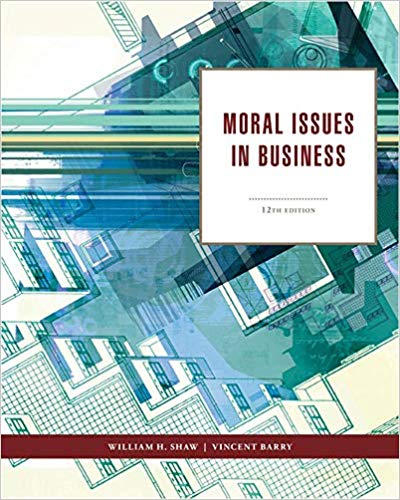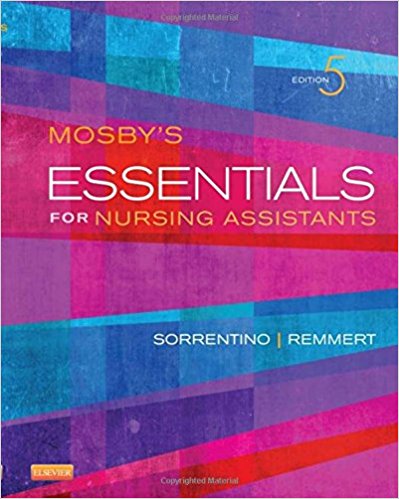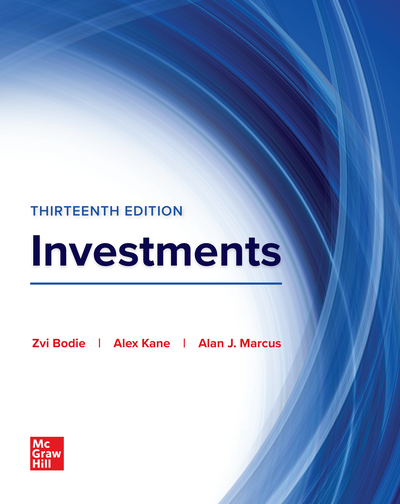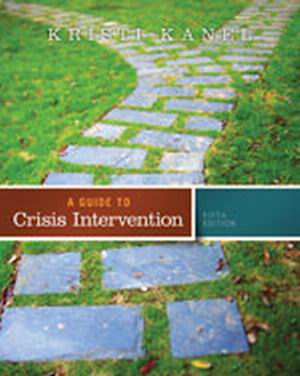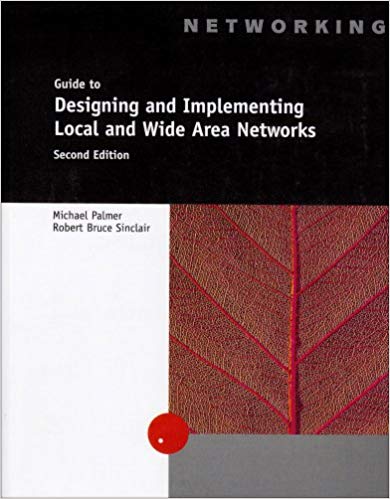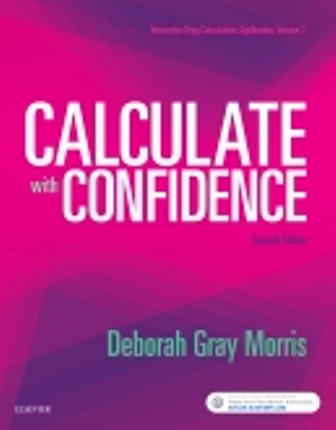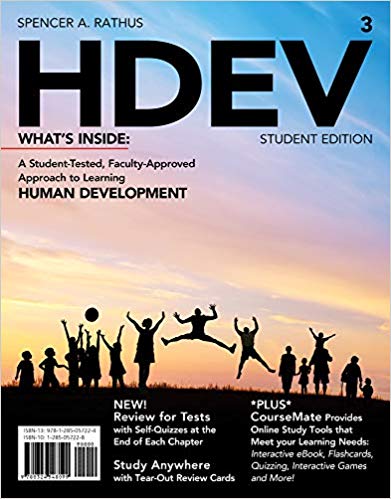Moral Issues in Business 12th Edition by William H. Shaw – Test Bank
James: Nursing Care of Children: Principles and Practice, 3rd Edition
Do you need test banks fast? eTestBank.net is the best test bank website for you! Download your test bank right after you pay. No waiting!
Why eTestBank.net is Great:
✅ Instant Download:
Get your test bank right away after payment.
✅ Unlimited Downloads:
Download your test bank anytime and as many times as you want.
✅ 24/7 Live Help:
We are here to help you all day, every day.
✅ Guaranteed Delivery:
If you don’t get the download right away, we will send it to you in 3 to 6 hours.
How to Get Your Test Bank:
- Pick Your Test Bank: Choose from many test banks.
- Pay Safely: Pay securely on eTestBank.net.
- Download Instantly: Get your test bank immediately after payment.
- Download Anytime: Unlimited downloads whenever you need them.
Need Help? Contact Us:
📧 Email: [Support@etestbank.net]
📱 WhatsApp: [https://wa.me/message/MC222DLQ4GDXL1r]
Didn’t Get Your Download?
Don’t worry! If you don’t get the file right away, we’ll send it to you in 3 to 6 hours. Need it sooner? Contact us by email or WhatsApp.
💡 Buy now from eTestBank.net for instant downloads, unlimited access, and 24/7 support—get your test bank today!
Chapter 1—The Nature of Morality
MULTIPLE CHOICE
1. Which of the following characteristics distinguishes moral standards from other sorts of standards?
|
a. |
moral standards are purely optional |
|
b. |
moral standards take priority over other standards, including self-interest |
|
c. |
moral standards cannot be justified by reasons |
|
d. |
moral standards must be set or validated by some authoritative body |
ANS: B PTS: 1 REF: p. 4-5
2.Choose the statement that gives the most accurate description of etiquette:
|
a. |
the rules of etiquette are a fundamental branch of morality |
|
b. |
conformity with the rules of etiquette is sufficient for moral conduct |
|
c. |
etiquette refers to a special code of social behavior or courtesy |
|
d. |
the rules of etiquette are backed by statutory law |
ANS: C PTS: 1 REF: p. 5
3. Our relationship with the law is best described by which of the following?
|
a. |
To a significant extent, the law codifies a society’s customs, norms, and moral values. |
|
b. |
The law is a completely adequate guide to the moral standards that we should follow. |
|
c. |
The law makes all immoral conduct illegal. |
|
d. |
Violating the law is always immoral. |
ANS: A PTS: 1 REF: p. 7
4. Which of the following is not one of the four basic kinds of law?
|
a. |
statutes |
c. |
common law |
|
b. |
constitutional law |
d. |
contractual law |
ANS: D PTS: 1 REF: p. 9
5. A proper perspective of religion and morality is
|
a. |
only religion can tell us what is right and wrong |
|
b. |
it’s not true that morality must be based on religion |
|
c. |
religion never influences people’s moral beliefs |
|
d. |
without religion, people wouldn’t have a reason to act morally |
ANS: B PTS: 1 REF: p. 11-12
6. When religion and morality are considered,
|
a. |
the moral instructions of the world’s great religions are often general and imprecise. |
|
b. |
most people act rightly only because their religion tells them to. |
|
c. |
atheists are likely to be less moral than religious people. |
|
d. |
in practice, people who share a religion will agree on all moral questions. |
ANS: A PTS: 1 REF: p. 11
7. The divine command theory implies that
|
a. |
God commands us to do whatever our reason tells us is right. |
|
b. |
God forbids stealing because stealing is wrong. |
|
c. |
God leaves right and wrong up to us. |
|
d. |
stealing is wrong only because God commands us not to steal. |
ANS: D PTS: 1 REF: p. 11
8. Ethical relativism supports the theory that
|
a. |
what is morally right is what society says is morally right. |
|
b. |
there are no moral values whatsoever. |
|
c. |
morality is relative to the goal of promoting human well-being. |
|
d. |
different societies have different ideas about right and wrong. |
ANS: A PTS: 1 REF: p. 11-13

